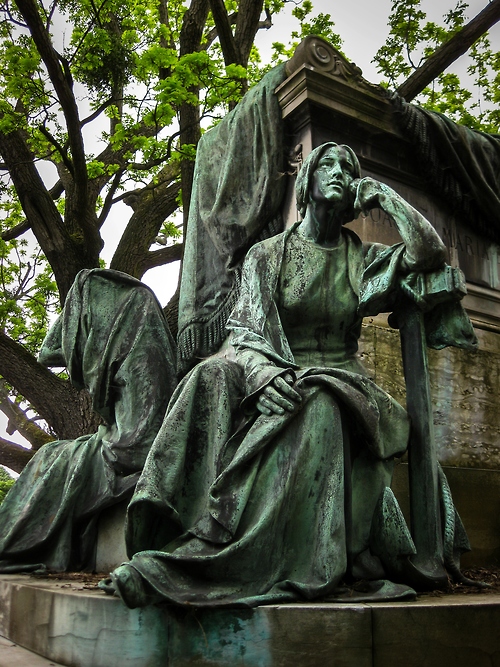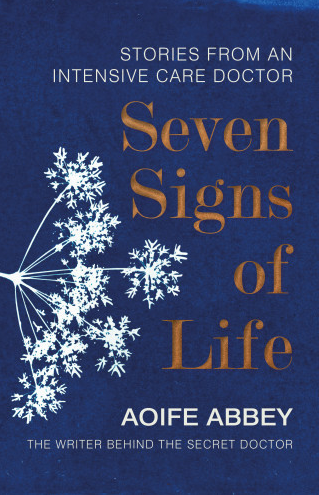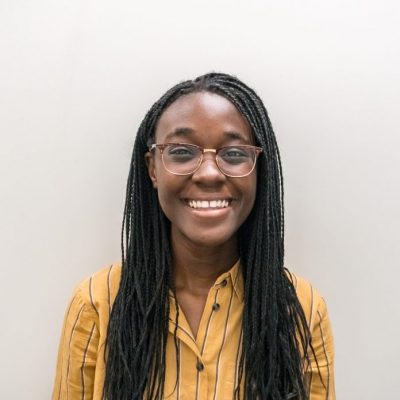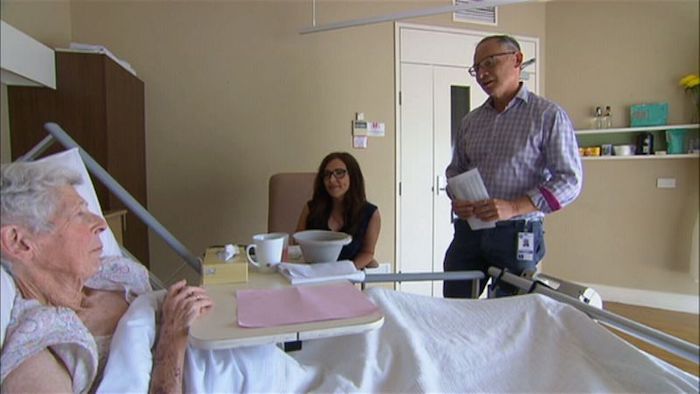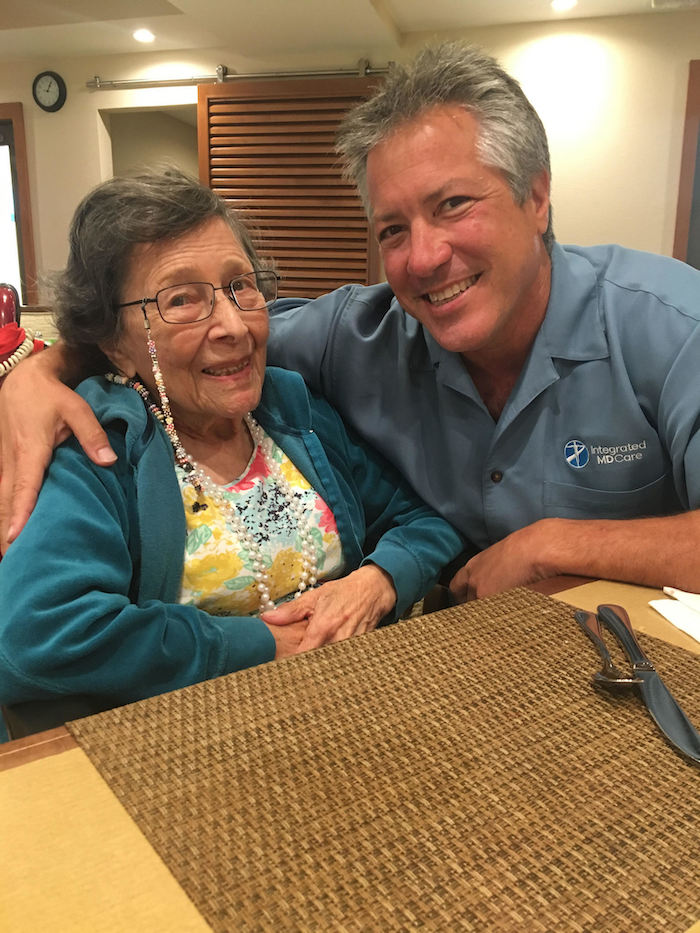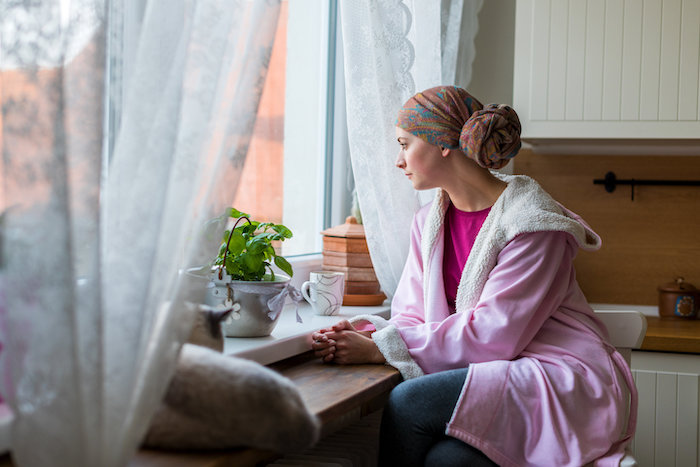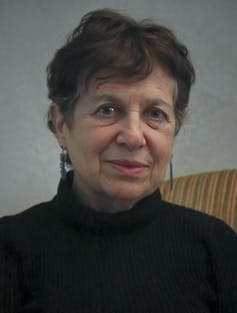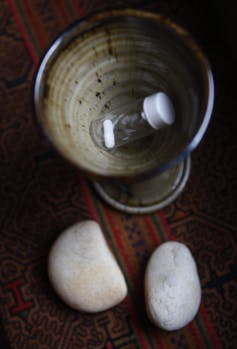Cancer is nudging me to picture dying in a new way

By Adam Philip Stern
“It was the most peaceful sleep.” That’s how my paternal grandmother referred to the time she was technically dead for several minutes before doctors shocked her back to life. She lived another decade after that, but never once to my knowledge expressed a fear of dying.
As I trained to become a physician-scientist with a focus on neuropsychiatric disorders, I often thought of my grandmother’s description of temporary death. I learned that there were credible physiologic explanations for her to have experienced death as an immensely restful sleep.
It’s an idea that resonates even more strongly with me since I was diagnosed with metastatic kidney cancer. I fervently hope my superstar medical team will help me outrun this disease for many years to come, but I must also face the possibility that I could die young. That initially frightened me in the expected ways. What does it feel like to die? What if I experience a bad death with tubes going into or coming out of every orifice, or my ribs being cracked as doctors try to restart my heart?
A recent experience with an endoscopy to find the source of cramping and vomiting after I ate muted those fears. As I laid on the gurney, the nurse let me know I would soon be getting medicine through the intravenous line: a little something to help me relax, to prevent pain, and to have no memory of the procedure, during which I would be partly awake.
As the fentanyl and midazolam began flowing into my vein, the last memory I had is feeling totally at peace. It was the most content I can ever recall feeling. I am thankful to have never struggled with addiction, but that moment gave me a better understanding of why people seek such a feeling no matter the cost.
What has stuck with me since that procedure is the sense that leaving the world does not have to be gruesome, and might even be the best feeling ever, just like my grandmother described it.
There are, of course, physiologic explanations for why peace may accompany dying.
As the brain begins to adapt to oxygen deprivation, its noncritical regions begin to shut down, turning off for individuals who are actively dying the burdens of complex neurologic tasks like risk aversion, problem solving, and anticipatory worry that weigh on us during our waking lives. While these brain activities keep us alert and feeling attached to our bodies, tamping them down may account for the feeling of lightness, even floating above the body, which many near-death survivors describe.
The classic “death rattle” heard when the body can no longer clear fluids from the airway, often seen as a gruesome sign, is likely a signal of a transition to such a relaxed, unfettered state that the brain is no longer burdened with that task.
The emotional centers within the brain, however, are so deeply engrained in our functioning as humans that they remain on and engaged throughout much of the dying process. That aligns with descriptions of near-death experiences of vivid and realistic interactions with loved ones who have passed.
Even as death approaches and the body and brain are shutting down, there is good evidence to suggest that individuals are aware of their surroundings and can hear and feel the presence of their loved ones. These basic sensations persist in ways that can be a gift to dying individuals, ensuring they are not alone in their last moments — a most common fear.
Palliative care and hospice are stigmatized in our society because they are so closely associated with death, a topic that tends to make people uncomfortable. My attitude toward them has shifted dramatically since my diagnosis. With their focus entirely on providing comfort and maximizing quality of life — even in death — I think they play a most important role and intend to do everything in my power to engage in that process when I need it.
My maternal grandfather died two years ago at the age of 93, just before I learned I had cancer. He used to tell me he “wasn’t afraid of death, just all the things that [he] would miss.”
I think of him whenever something happens to me that would have sparked joy in him, and wish he was still alive. I’m not sure I believed him when he told me he wasn’t afraid of dying, but I do now. What frightens me today has little to do with my death and much more to do with the moments I’ll miss afterwards: anniversaries with my wife, birthdays and graduations with my son, watching my parents age and my brother and other loved ones continue to blossom in their lives.
I can’t say if this perspective will change again. I imagine it will. Death as an abstract concept is probably a lot less terrifying than staring it in the face. But I’ll remember what my grandparents said and try to move forward with the same kind of contented pragmatism they shared with me. In the interim, devoted oncology researchers, my particularly skilled doctors, and I are doing our absolute best to keep these musings firmly in the academic realm.
Complete Article ↪HERE↩!

